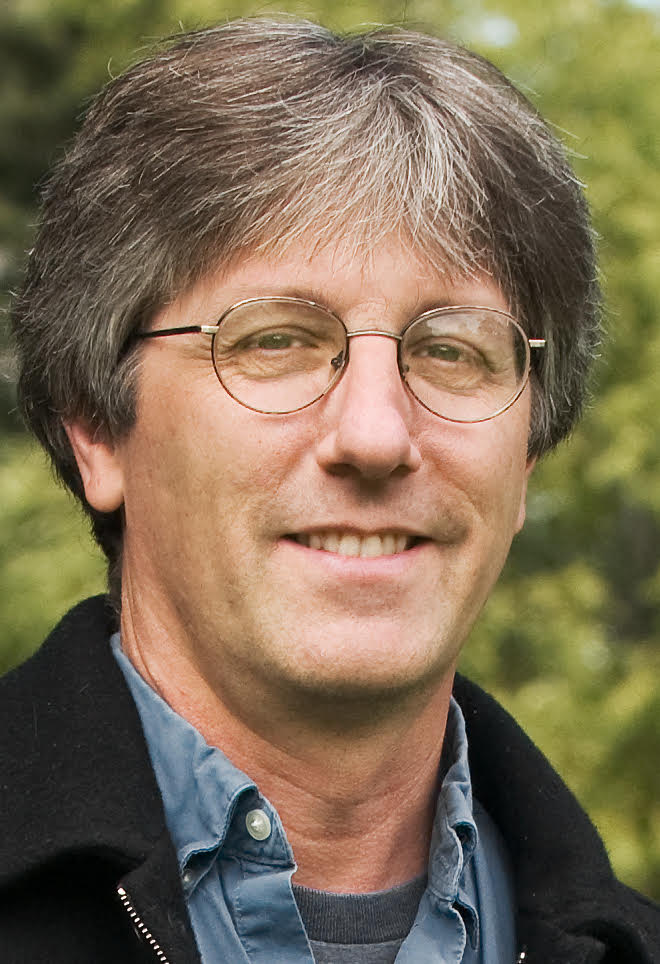
Affiliated Faculty

Benjamin Brinner
How do musicians do what they do? This question has motivated much of my research, leading to the study of situated cognition. I am interested in the knowledge and processes that musicians use in performance, not as isolated units but in relation to one another. I am particularly fascinated by the dynamics of interaction among performers. I am also interested in matters of musical cognition such as the acquisition, differentiation, and distribution of musical competence, musicians’ conceptualizations of the pieces they know, and the workings of memory. I have pursued these interests primarily in Indonesia (Central Java and Bali) and Israel. Read more...
Graduate Students

Sarah Plovnick
I use decolonial methodologies to research music and disaster. I focus primarily on topics such as resilience, resistance, and noise regulation in the context of the 2017 hurricanes in Puerto Rico. I am also a co-founder of the Computational Music Research Working Group. Originally from the Boston area, I completed a B.A. in Music and Comparative Arts at Washington University in St. Louis. Prior to my doctoral studies, I spent a year in the Dominican Republic supported by a Fulbright-mtvU fellowship, during which I studied the intersection of jazz with Afro-Dominican musics and taught youth music at the DREAM Project. I perform regularly on the French horn with a focus on jazz and other improvised musics. Research Interests: music and disaster, decoloniality, Puerto Rican and Dominican traditional and popular musics, Bay Area Puerto Rican diasporic community, computational music research.

Ryan Gourley
Ryan Gourley is a third-year graduate student in Ethnomusicology. Originally from San Antonio, Texas, he completed his Bachelor’s degree in music at Brown University in 2017 and his Master's degree in ethnomusicology at UC Berkeley in 2019. Ryan is the recipient of the Chancellor’s Fellowship for Graduate Study as well as several research grants, which have taken him to field sites across the Russian Federation, Ukraine, Poland, Latvia, and Azerbaijan. He is active in the Institute for Slavic, Eastern European, and Eurasian Studies (ISEEES) and the archive at the Museum of Russian Culture in San Franciscio. His research interests include Soviet jazz, musical networks, post-Soviet aesthetics, cultural ideology, nostalgia, and propaganda.

Cameron Johnson
Having previously worked on collections at U.C. Berkeley’s Folklore Archive as well as those at the Minidoka National Historic Site and the Densho: Japanese American Legacy Project, Cameron’s interests are centered on the preservation and presentation of narratives in historically underrepresented communities. His current research within the Folklore program is concerned with the concept of archival authority and indigenous representation, specifically regarding the efforts to provide access to musical recordings produced and restricted in South Africa’s apartheid era.Cameron holds a B.A. of Anthropology and a minor of Rhetoric from the University of California, Berkeley and is eager to explore the various complexities of sound and object through a Folkloric lens.

Jon Turner
My research focuses on relationships between musicians and music technology in popular and experimental music practices in the United States and São Paulo, Brazil. I explore musical creativity by examining the connection of media technology to sound, image, and aesthetic production. Media discourses and the changing nature of music circulation impact the ways artists create and listeners engage with sound. I aim to investigate how creative processes are mediated by the materiality, economics, poetics, and cultural politics of technology. Raised in Pheonix, Arizona, I completed a certificate program in guitar building at Roberto-Venn School of Luthiery shortly after high school. I worked as a luthier in San Francisco’s Mission District for several years and spent two years at City College of San Fransisco before transferring to the University of California, Berkeley—where I completed my B.A. in Music. In 2017 I began my M.A./Ph.D. in Ethnomusicology at Berkeley supported by the Mellon-Chancellor’s Fellowship.

Anne Greenwood
Anne Greenwood is a PhD student in ethnomusicology originally from Terrace, British Columbia, Canada. She completed a BMus in orchestral instrument performance (French horn) before conducting research on popular music and technology in Ghana and Thailand during her MA in ethnomusicology at the University of British Columbia in Vancouver. Her dissertation will use the saung gauk (also known as the Burmese harp) as a means of exploring its repertoire as a musical object, the interaction between performers in practice, and the way its aesthetic of duality reflects Burmese culture more broadly. She is particularly interested in the depiction of the natural world in the Mahagita repertoire and how contemporary musicians engage with their environment. Research interests: Myanmar; Burmese traditional music; music and nature; music cognition, perception, and imagination; transcription and music notation; oral transmission and memory

Satcher Hsieh
I earned my B.S. in electrical engineering from Washington University in St. Louis, where I worked on superconducting quantum circuits. Since 2016, I have worked in the Yao lab to integrate nitrogen-vacancy centers as atomic sensors in high pressure systems. In addition to improvising in the lab, I also improvise music as a guitarist in Myra Melford’s Nu Jazz Collective and the UC Jazz ensembles.
Undergraduate Students
Coming soon!
We take full responsibility for our organization and this web site.